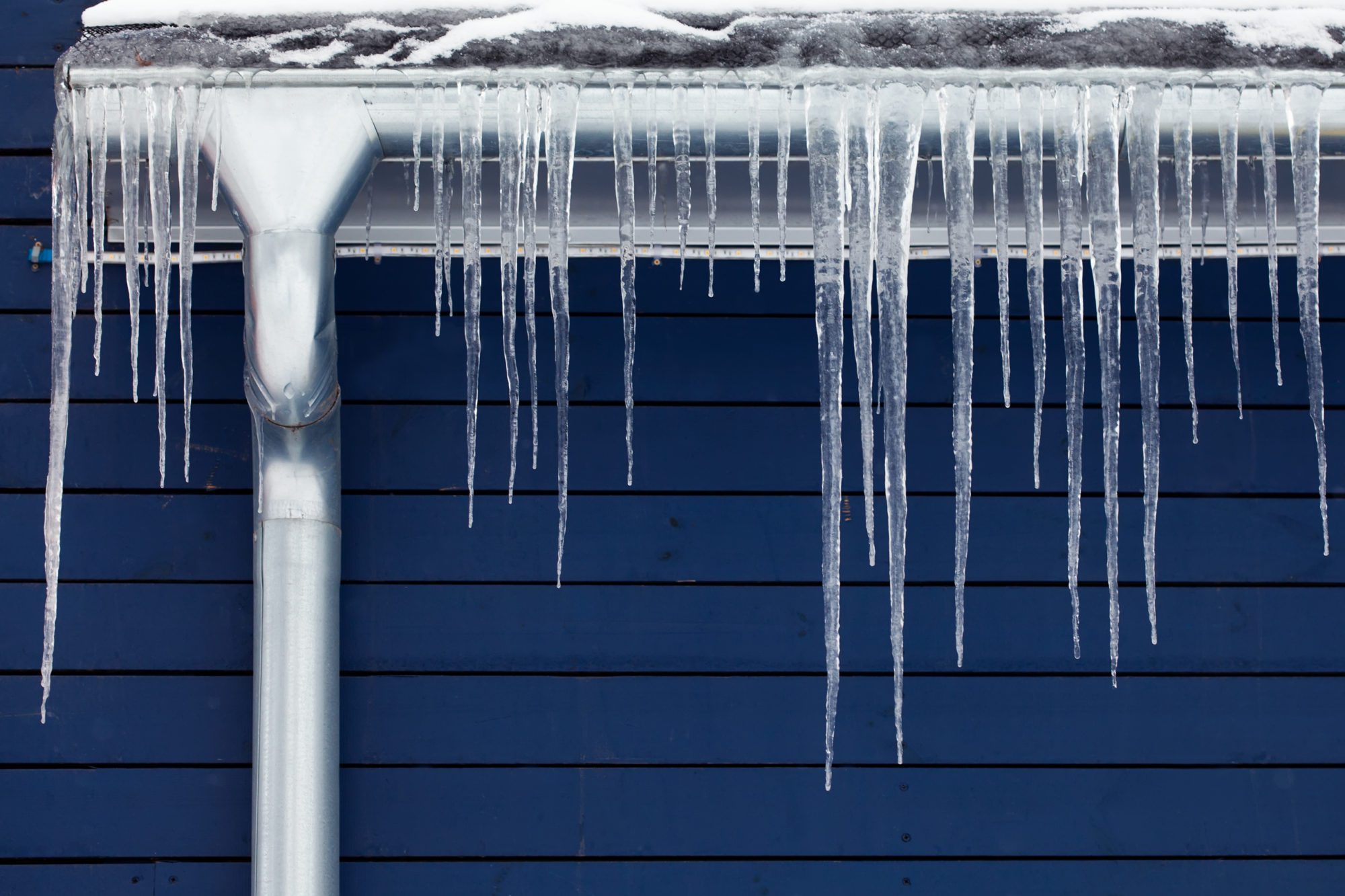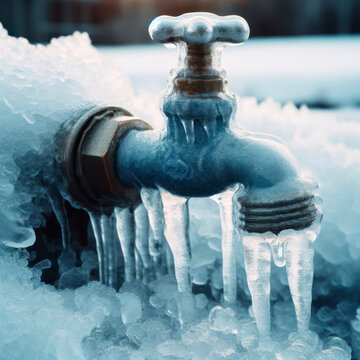Each person has got their personal views with regards to 6 Ways to Prevent Frozen Pipes.

Winter can ruin your pipes, specifically by freezing pipelines. Here's just how to stop it from occurring and what to do if it does.
Introduction
As temperatures drop, the risk of frozen pipelines increases, possibly causing pricey repair work and water damages. Recognizing exactly how to stop frozen pipelines is crucial for house owners in chilly environments.
Avoidance Tips
Shielding susceptible pipes
Wrap pipelines in insulation sleeves or make use of heat tape to shield them from freezing temperature levels. Concentrate on pipelines in unheated or outside areas of the home.
Heating strategies
Maintain indoor rooms adequately heated up, especially locations with plumbing. Open closet doors to enable cozy air to flow around pipelines under sinks.
How to determine icy pipelines
Look for lowered water circulation from faucets, unusual odors or noises from pipes, and noticeable frost on revealed pipes.
Long-Term Solutions
Architectural changes
Consider rerouting pipelines away from outside wall surfaces or unheated locations. Add added insulation to attics, basements, and crawl spaces.
Upgrading insulation
Invest in high-grade insulation for pipelines, attics, and wall surfaces. Proper insulation helps keep regular temperature levels and reduces the risk of frozen pipelines.
Safeguarding Outside Plumbing
Garden tubes and outside taps
Detach and drain yard hoses before winter season. Install frost-proof spigots or cover outside faucets with protected caps.
Understanding Icy Pipes
What causes pipes to freeze?
Pipes freeze when subjected to temperatures listed below 32 ° F (0 ° C) for extended periods. As water inside the pipelines ices up, it expands, taxing the pipe walls and potentially causing them to break.
Dangers and damages
Frozen pipes can result in water supply interruptions, building damage, and pricey repair services. Ruptured pipelines can flood homes and trigger substantial architectural damage.
Indicators of Frozen Pipes
Identifying icy pipelines early can prevent them from rupturing.
What to Do If Your Pipelines Freeze
Immediate activities to take
If you suspect icy pipelines, maintain taps open to relieve stress as the ice melts. Use a hairdryer or towels taken in hot water to thaw pipelines gradually.
Final thought
Preventing icy pipes calls for proactive steps and fast feedbacks. By recognizing the causes, indications, and preventive measures, homeowners can protect their plumbing during winter.
Helpful Tips to Prevent Frozen Pipes this Winter
UNDERSTANDING THE BASICS: WHY PIPES FREEZE AND WHY IT’S A PROBLEM
Water freezing inside pipes is common during the winter months, but understanding why pipes freeze, and the potential problems it can cause is crucial in preventing such incidents. This section will delve into the basics of why pipes freeze and the associated problems that may arise.
THE SCIENCE BEHIND FROZEN PIPES
When water reaches freezing temperatures, it undergoes a physical transformation and solidifies into ice. This expansion of water as it freezes is the primary reason pipes can burst. As the water inside the pipe freezes, it expands, creating immense pressure on the walls. If the pressure becomes too great, the pipe can crack or rupture, leading to leaks and water damage.
FACTORS THAT CONTRIBUTE TO PIPE FREEZING
Low Temperatures: Extremely cold weather, especially below freezing, increases the risk of pipes freezing. Uninsulated or Poorly Insulated Pipes: Pipes located in unheated areas, such as basements, crawl spaces, or attics, are more prone to freezing. Insufficient insulation or lack of insulation altogether exacerbates the problem. Exterior Wall Exposure: Pipes running along exterior walls are susceptible to freezing as they encounter colder temperatures outside. Lack of Heating or Temperature Regulation: Inadequate heating or inconsistent temperature control in your home can contribute to frozen pipes. PROBLEMS CAUSED BY FROZEN PIPES
- Pipe Bursting: As mentioned earlier, the expansion of water as it freezes can cause pipes to burst, resulting in significant water damage.
- Water Damage: When pipes burst, it can lead to flooding and water damage to your property, including walls, ceilings, flooring, and personal belongings.
- Structural Damage: Prolonged exposure to water from burst pipes can compromise the structural integrity of your home, leading to costly repairs.
- Mold and Mildew Growth: Excess moisture from water damage can create a favorable environment for mold and mildew growth, posing health risks to occupants.
- Disrupted Water Supply: Frozen pipes can also result in a complete or partial loss of water supply until the issue is resolved.
WHY CERTAIN PIPES ARE MORE PRONE TO FREEZING
- Location: Pipes located in unheated or poorly insulated areas, such as basements, crawl spaces, attics, or exterior walls, are at higher risk of freezing.
- Exterior Pipes: Outdoor pipes, such as those used for irrigation or exposed plumbing, are particularly vulnerable to freezing as they are directly exposed to the elements.
- Supply Lines: Pipes that carry water from the main water supply into your home, including the main water line, are critical to protect as freezing in these lines can affect your entire plumbing system.
- Underground Pipes: Pipes buried underground, such as those connected to sprinkler systems or outdoor faucets, can be susceptible to freezing if not properly insulated.
https://busybusy.com/blog/helpful-tips-to-prevent-frozen-pipes-this-winter/

We are very inquisitive about Winter Plumbing Precautions: Preventing Frozen Pipes and I'm hoping you enjoyed reading the new page. Loved our piece of writing? Please quickly share it. Let other people locate it. Thanks a bunch for your time. Kindly visit our blog back soon.
Call Today